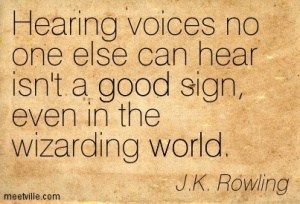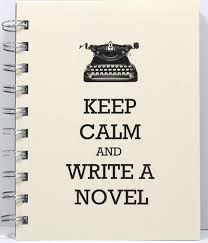Revisions Forever
It’s a not-so-sunny day here in Oregon. Big surprise, right? But actually the weather has been beautiful lately and I’m having sun withdrawals. Am I really talking about the weather right now??
I didn’t come here to blog about the weather, I actually came here to blog about… REVISIONS. Manuscript revisions are something I love and hate at the same time.
I hate them because:
- They take forever. I feel like the more I revise the more I FIND to revise until I feel like I’m living in an endless cycle of revisions.
- They’re not always easy. Actually, when are they ever easy? When revisions are going well I fly through the pages and solutions to problems just pop into existence in my head. But when they’re not going well its painful. I sit and stare at my screen and bite my fingernails down to the quick. Not having solutions to revision problems is one of the most frustrating things for me. I think the best way to deal with it is just to work on something you have a solution for. Or better, take a break for awhile. The solution will probably pop into your head just as you’re about to fall asleep or at some other inopportune time.
- I also hate revisions because they mean my manuscript still isn’t where I want it to be. There are days when I just want to be done revising. I want to have a perfectly polished manuscript in front of me. With a bow on it. Ready for publication. But that’s not reality (obviously). Revision is WORK. But I need to put in that work to make my manuscript better. To get it closer to that polished thing wrapped in a bow.
Which brings me to the reasons I love revisions. which won’t be a list this time because I’m the one running this blog and I get to decide.I love revisions because each thing that changes makes the manuscript better. Getting revision notes back and hearing feedback can be scary and frustrating. It can sap your strength and your will to go on. Whoah. We’re getting a little dramatic again. But it really can be hard. Looking at a list of problems that don’t have solutions yet isn’t fun. If I get overwhelmed I give myself a break and go back to it later. Everything will eventually fall into place and start flowing again. And even though revisions are tedious they allow me to continue building ideas and building the world of the manuscript. They force me to get creative and push deeper into the characters and the world they live in.
What I’m working on Now:
- World building. Hardcore world building. My wonderful beta reader/editor/friend Meredith helped me realize that much of my world consists of hallways and doorways at the moment, which is sort of a problem. For a world to feel believable a reader needs to be totally immersed in it. This isn’t just descriptions of what the buildings and landscape look like. Nope. It’s also little things that make a world complex. The history of the world, how the government works, ect. This shouldn’t just be dumped into a scene, but spread out over the course of the story. I’ve written several different drafts of my manuscript, one from a different characters perspective, so some of the details of the world didn’t transfer from that first draft or are just living in my head. Either way, they’re not coming through in my current manuscript and they need to be. World building is an immense task, but it’s also super fun and rewarding. I’ve been spending hours looking up inspirational pictures and thinking about interesting details about the world and how to give the reader those details. It takes awhile, but when I’m done the story will be much richer and more believable because of it.
- Character Development. Another super important but also super immense and time consuming task. I love all of my characters, but right now some of them aren’t shining as much as they could. Some of them feel a bit flat when they could be round! Flat=One-dimensional. Real people aren’t flat. Some of the revision comments made me realize that some of the characters surrounding my MC could push on her more and force her to further explore some of her beliefs. Also characters that have their own stories and character arc are way more interesting to read about, even if they’re villains. Especially if they’re villains. So some of my characters are getting a little more attention in this revision.
- Little issues of who should know what, where scenes are taking place, making sure the main character’s development is believable and true to her personality and her world, and making sure readers understand what certain futuristic gadgets look like/how they work. We also discussed if I want the world to be an alternate/parallel reality with much of the same technology we have today or something that’s supposed to be a post apocalyptic/futuristic version of our world. I’ve always thought of it as an alternate reality to our own rather than a post-apocalyptic future. Their technology isn’t anything we don’t have (just maybe not the average consumer).
I’ve been working on revisions every morning and right now I’m about halfway through. I actually wrote a completely new scene today, which is always exciting. I’ve just been tinkering with scenes I already had and adding in little snippets so writing a full new scene was great. When I get all the way through this round of revisions I’m just going to have to turn right around and start at the beginning again to make sure all of my world building solutions and character development is strong from the very beginning. I was hoping it would take a week of minor tweaking and I would be done, but unfortunately that’s not the case. It’s probably going to take a couple more weeks if I go at the same pace. But when I’m done with these revisions it’s going to be much stronger and more exciting. And then it’s going to go back to my wonderful beta reader/editor/friend Meredith for a second look before anything else happens. It will probably still need a little bit of tweaking, but hopefully a little less.
I am so so lucky to have people willing to help me make my manuscript the best it can be. Thank you to everyone who has helped me and supported me and asked how it’s going. I appreciate all of you 🙂
Happy Thursday!









